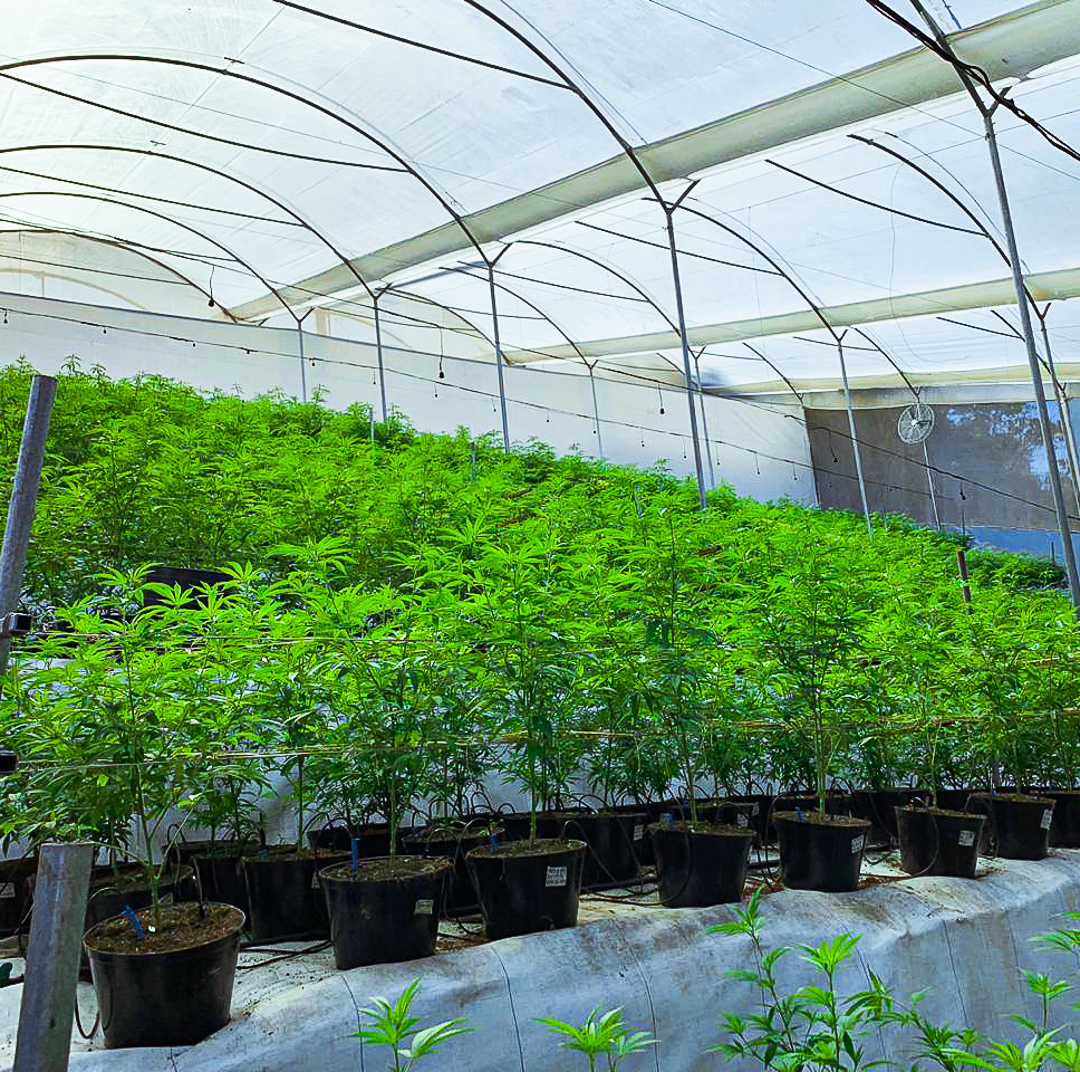
Not all organic inputs are created equally, and not all organic inputs are sourced sustainably.
When it comes to cultivating organic cannabis, there is no shortage of products you can use and methods to try out. That doesn’t make it any easier to decide which products to use.
At The Real Dirt and Cultivate, we aren’t the type to judge regardless of what you choose, even if it isn’t organic. But should you choose to grow organic, here’s some common questions about organic inputs and our best answers.
Can I clean my compost tea containers with bleach?
A lot of compost tea containers are made from various plastics. If you clean them with bleach, over time it will break down the interior walls of the containers, breaking down the plastics. You can use bleach to clean but you need to immediately spray down and scrub the containers with water to remove any remnants of plastic particles or bleach that could get into your next tea.
It may not be the most efficient, but the best way to preserve you compost tea containers and keep them clean is to just user water and non-abrasive sponge. With a high pressure washer you can do just as good a job as bleach without eating away at the inner walls or having chemical residue left over.
Are perlite and vermiculite organic inputs?
Yes, but not in the same way as other organic inputs like bat guano, gypsum, lime, etc.. Perlite and vermiculite both act as additives to soil, whereas the former inputs are fertilizing components. Additionally, perlite and vermiculite have almost no nutritional value on their own, and mainly help aerate soil.
However these are also mined inputs which means they’re pulled up from the land with excavators and broken down into the little chunks you get in a bag of vermiculite or perlite.
What are the best organic inputs to use?
People will argue for their favorite products all day long, but the best organic inputs are those that are renewable and sustainable. A renewable organic input is any that is produced either as a byproduct or waste product of animal and other industries.
Some of the best renewable inputs to use include Feather Meal, Alfalfa, Chicken litter, Neem Meal, Composted Chicken “shit”, Crab Meal, Kelp, Bone Meal, Fish Emulsion, Fish Bone Meal, Fish Hydroslate, Earth Worm Castings, and Soy Protein Isolate, just to name a few.
Coco coir is also a great renewable organic input that is a byproduct of the coconut and textile industries in Asia.
Chip answered more questions about organic inputs during his seminar at Cannacon in Oklahoma City in September. To hear the full talk for free, click here and listen to The Real Dirt Podcast.
You can also subscribe and listen on iTunes, Spotify or your favorite platform to get every episode right to your library.






